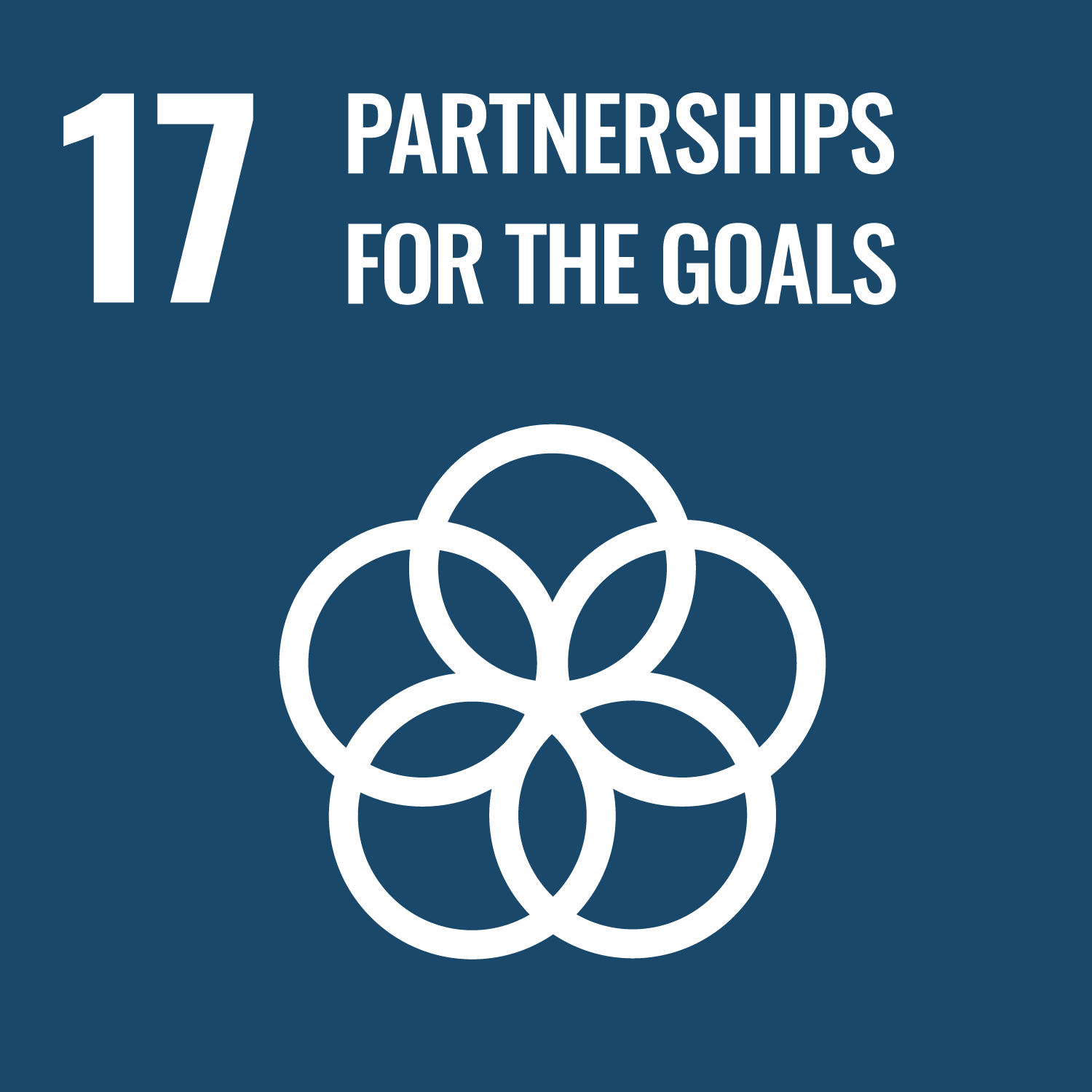Third Year Seminar for Sustainable Futures
Maruyama Hideki
Faculty of Global Studies, Department of Global Studies Professor
- Education
【Course description】
This required SPSF seminar integrates what the SPSF students have learned and experienced after “First Year Lectures in/about SFs” into their specific actions as a product for their sustainable futures. The students are expected i) to make a group for a common issue or challenge in terms of sustainability, ii) create a possible interdisciplinary solution or improvement for the issue, and iii) prepare themselves for a transdisciplinary approach in their further study in their major. Moodle is the main communication channel in this seminar. The students will make four journals and 7 peer assessments.
First of all, after reviewing the basic information about sustainability and the report they wrote in the first year, the students will identify what to continue, to abandon, and to be creatively invented afresh for the year 2050 world (UNESCO 2021). When grasping the sustainability issues, the students will use a Systems Thinking method to map the interrelationships among the elements. The student groups will be formed based on their interests.
Secondly, the main part of the seminar takes a Design Thinking procedure as the LAUNCH steps (Spencer & Juliani 2017), by which the students must actively produce a solution for the sustainability together with the same group members. To see the impact, Logic Model analysis as a part of Program Evaluation will be used at the initial and the final stages. There are three components for the student themselves to assess:
i) Contents – Sample themes are Anthropocene, climate change, economic inequality, social /cultural exclusion, social responsibility, international relations and cooperation, ESD, urban ecology, and etc.
ii) Structure – important and meaningful learning environment, equipment, landscapes, and materials
iii) Process – the group must include the students from at least two different departments.
“Soft skills” or competencies such as collaboration and critical thinking are necessary in the series of group work, in addition to expertise in academic disciplines. There will be even more challenges when they collaborate with each other because different disciplines have different approaches to the common issue. They may need active involvement (participation) in the group and experience by producing objects (reification) in the process of building a solution for sustainability as a specific product (Barth 2016).
Finally, the students will reflect their experiences in the seminar to summarize interdisciplinary approach and imagine transdisciplinary approach for their further study.

